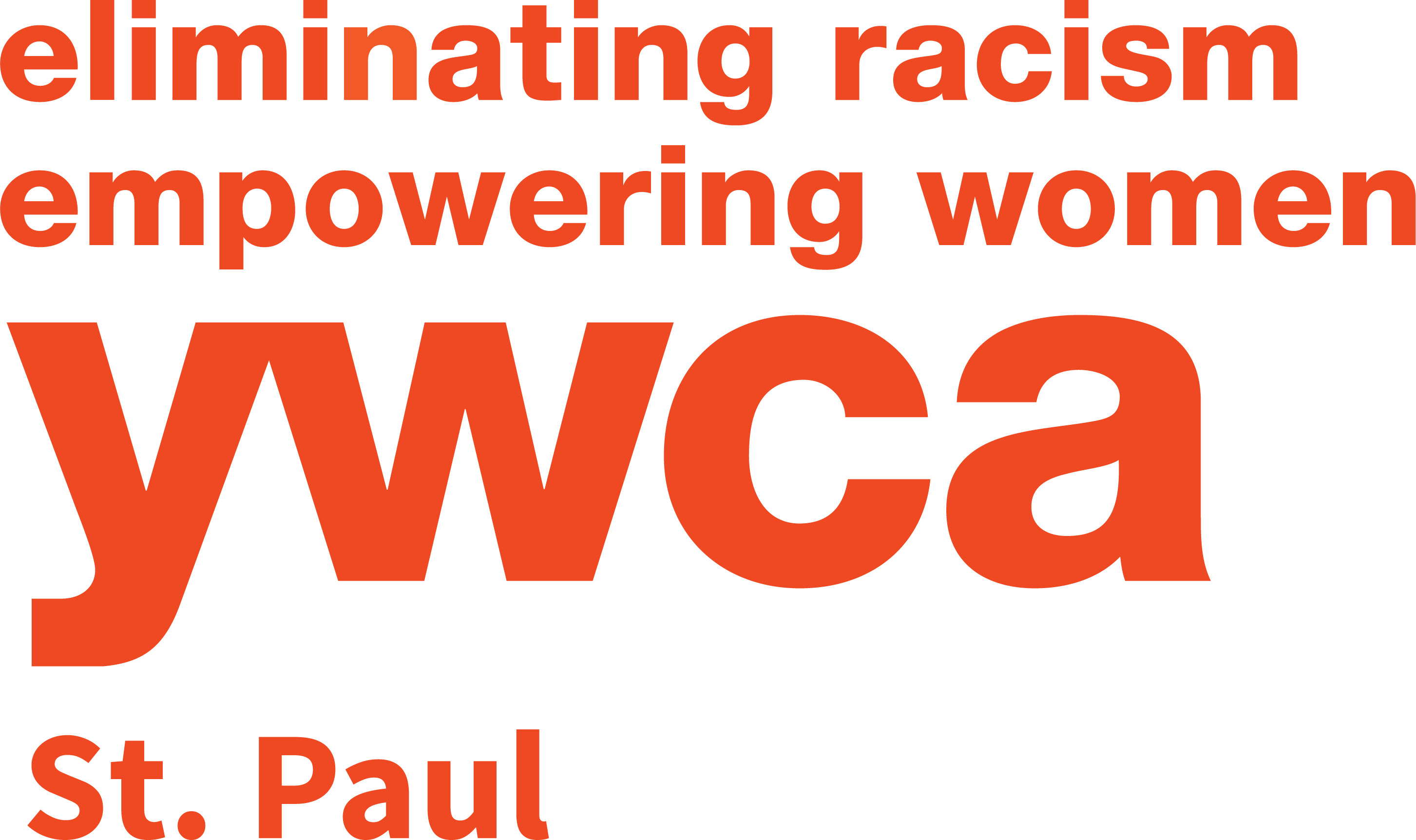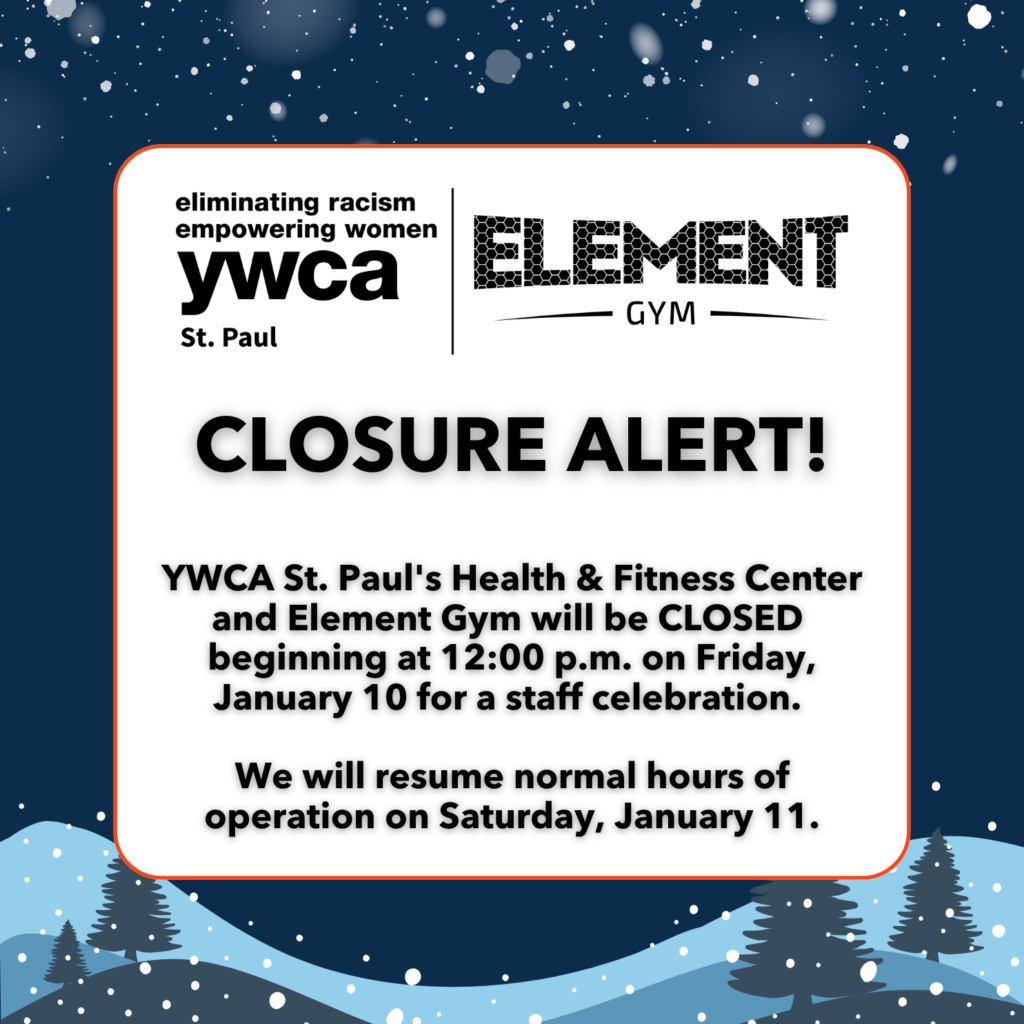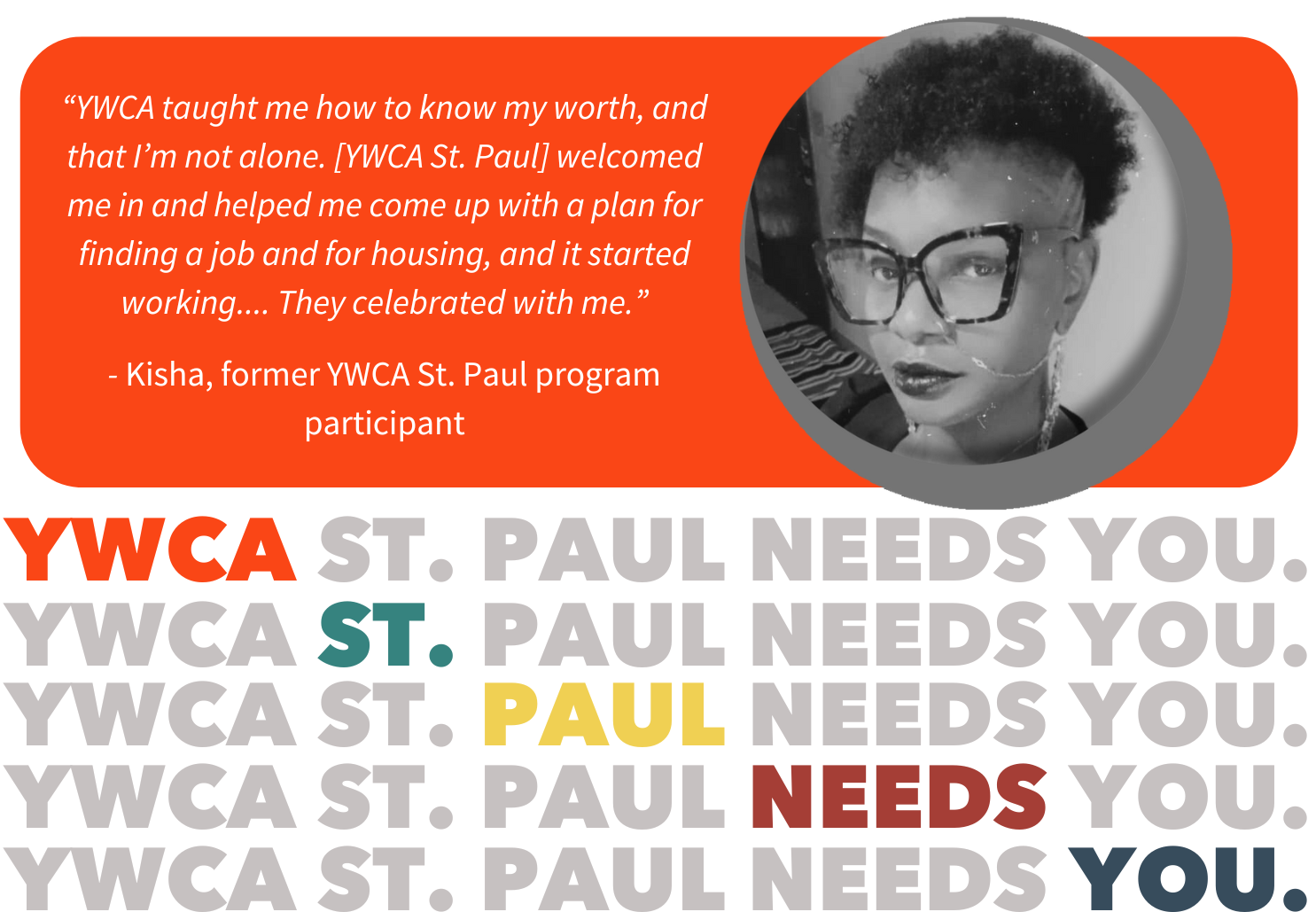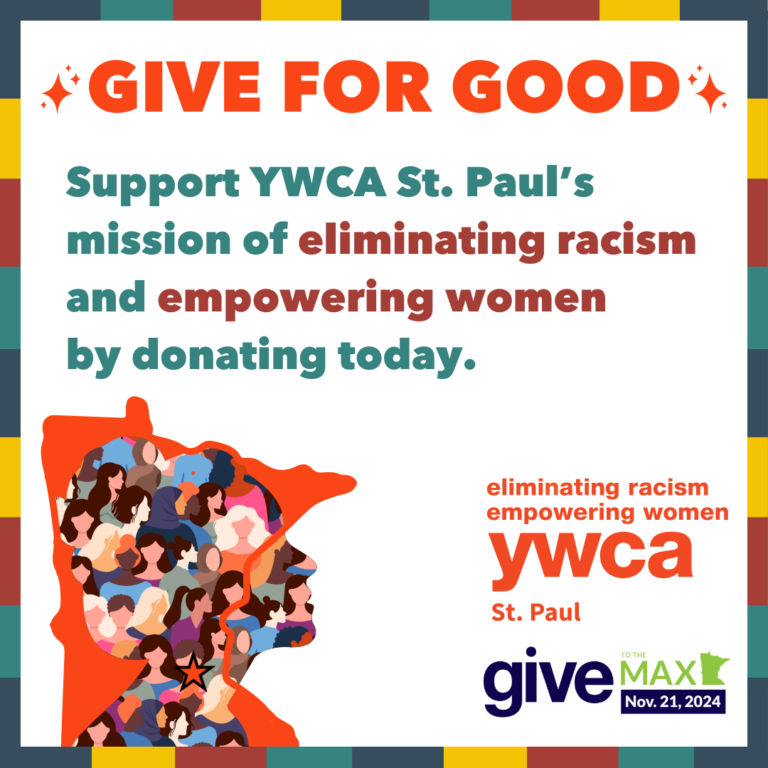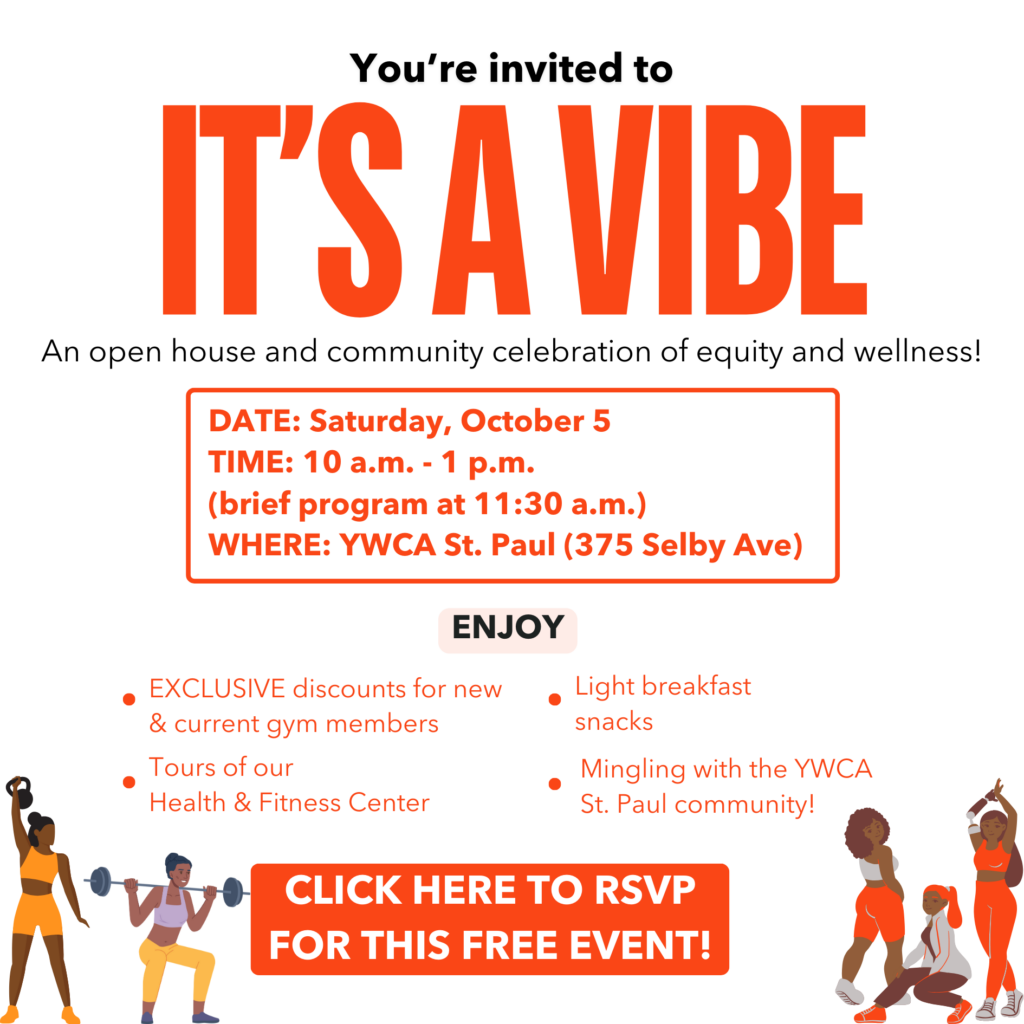Just half-way through 2020, we had already experienced Covid-19 and a severe economic crash, when we learned of the killings of Ahmaud Arbery, Breonna Taylor and George Floyd – revealing that the system has not changed as much as we thought it had. Racism is real. This year has peeled the curtain back and we have seen and experienced racism’s implications for communities of color in community policing policies, housing discrimination and lack of equitable education opportunities.
Recently, YWCA St. Paul laid the groundwork for an on-going community conversation on activism and reform by hosting a unique community forum that featured these community leaders: Judge Pamela Alexander, James Burroughs, Justin Terrel, Dr. Yohuru Williams and our very own CEO, Gaye Adams Massey. Panelists shared their lived experiences, as well as perspectives on this country’s history with racism.
This important conversation proved to be eye-opening for participants – raising their awareness to the systemic inequities faced by black people in this country. Panelists shared how America was founded on capitalist principles, which seek to minimize costs so that profits can be inflated and is directly tied to the country’s history of slavery and its current carceral state and policies within our prison, housing, healthcare, and education systems. That same system is active today when employees are not appropriately compensated so that a company can be more profitable. This lack of compensation is reflected in stats on homeownership, the economic pay gap, and so much more. This is largely at the cost of people of color and women. The current system is not serving communities of color, never has and was never intended to, therefore radical leadership and visioning must lead this movement for change.
To activate any change, we need to be intentional in creating an intersectional partnership with community leaders – activists as well as state leaders – so that bridges can be built and voices heard. That all starts with the full knowledge and understanding of America’s history – that’s the whole history not just the more palatable version most accepted by dominant society. Once we understand what has taken place historically, then we can see what has worked and what has not. That knowledge also enables us to hold people accountable. In Minnesota, the history of disposability of black lives has been reflected by numerous examples, including the building of a highway through a neighborhood of black businesses and homes, effectively destroying any progress that the Black community had made there.
Examples like that, paired with police who don’t live in the communities that they serve, has paved the way for the inequities that we see present in Minnesota today. We all have a role to play, allyships to form, conversations to facilitate and leaders to hold accountable. We must also exercise our right to a democratic and just society by voting and taking part in civic dialogue in our communities. Your voice matters. Your vote matters. And your future depends on the actions you make today. “You can’t have a movement without young people and artists,” said panelist Justin Terrell. Gen Z, let’s continue to be changemakers! #vote #registertovote
Question to our readers: Are you planning to vote in 2020? If so, what has motivated you to go to the polls this year? Let us know on Facebook!
Contributors: Nayher Futsum, Communications Intern & La’Shante Grigsby, Youth Programs Manager
